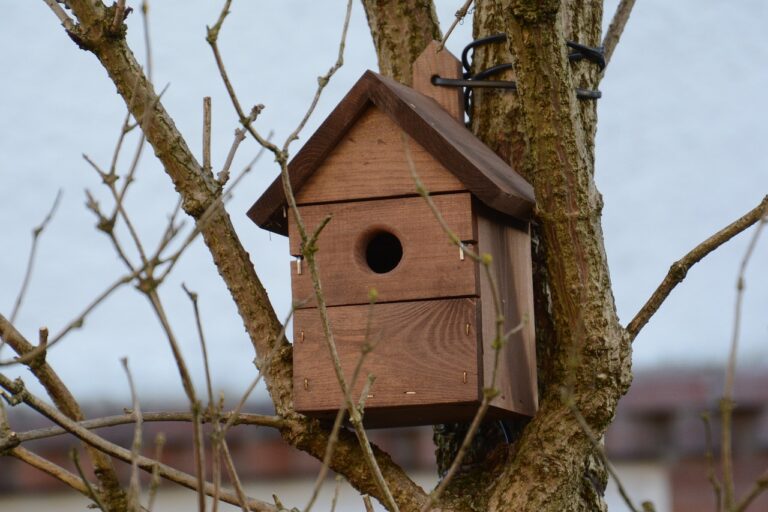Incorporating Smart Sensors for Efficient Home Water Management
Smart sensors play a crucial role in revolutionizing water management practices in residential settings. By continuously monitoring water usage and detecting leaks or abnormalities, these sensors provide real-time data to help homeowners make informed decisions about their water consumption. This proactive approach not only supports conservation efforts but also helps in reducing water wastage and ultimately leads to cost savings on water bills.
One of the main advantages of using smart sensors for water management is the ability to receive alerts and notifications about potential leaks or excessive water usage. This early detection allows homeowners to take immediate action to address the issue, preventing further damage and minimizing the impact on both the environment and their finances. With the help of smart sensors, individuals can gain better control over their water usage and contribute to a more sustainable future.
What are Smart Sensors and How Do They Work?
Smart sensors are devices equipped with the capability to detect and measure changes in the surrounding environment. These sensors rely on various technologies such as ultrasonic, infrared, and conductivity to gather data. Once the data is collected, it is then analyzed to provide valuable insights into water usage patterns and leaks within a household.
The working principle of smart sensors revolves around real-time monitoring and data transmission. When installed in a water system, the sensors can detect fluctuations in water flow, pressure, and temperature. This information is promptly sent to a central hub or mobile app, allowing homeowners to stay informed and take immediate action to address any issues that may arise.
Benefits of Using Smart Sensors for Water Management in Your Home
One of the primary benefits of integrating smart sensors for water management in your home is the ability to track and monitor water usage in real-time. By installing these sensors on faucets, showers, and other water fixtures, homeowners can gain valuable insights into their daily water consumption patterns. This data can then be used to pinpoint areas where water is being wasted and make necessary adjustments to reduce overall usage, leading to significant cost savings on water bills.
Additionally, smart sensors can help detect leaks and potential water damage early on. By alerting homeowners of any abnormalities or sudden spikes in water usage, these sensors can prevent small leaks from turning into major issues that could cause extensive damage to the property. This proactive approach not only saves money on costly repairs but also promotes environmental sustainability by conserving water resources.
What exactly are smart sensors?
Smart sensors are devices that can monitor and collect data on various environmental factors, such as water usage, temperature, and humidity. They are typically connected to a network, allowing you to remotely access and control them.
How do smart sensors work for water management in homes?
Smart sensors can be installed on water fixtures such as faucets, showers, and toilets to monitor water usage in real-time. They can detect leaks, track water consumption, and provide insights on how to optimize water usage.
What are the benefits of using smart sensors for water management in your home?
Some benefits of using smart sensors for water management include:
– Detecting leaks early and preventing water damage
– Monitoring water usage to identify areas where water can be conserved
– Providing real-time data on water consumption for better decision-making
– Saving money on water bills by optimizing water usage
How easy is it to install and use smart sensors for water management?
Smart sensors for water management are typically easy to install and use. Many devices can be easily attached to existing water fixtures and connected to a smartphone app for monitoring and control.
Are smart sensors cost-effective for water management in homes?
While there may be an initial investment in purchasing and installing smart sensors, the potential cost savings from detecting leaks and optimizing water usage can make them a cost-effective solution in the long run.







